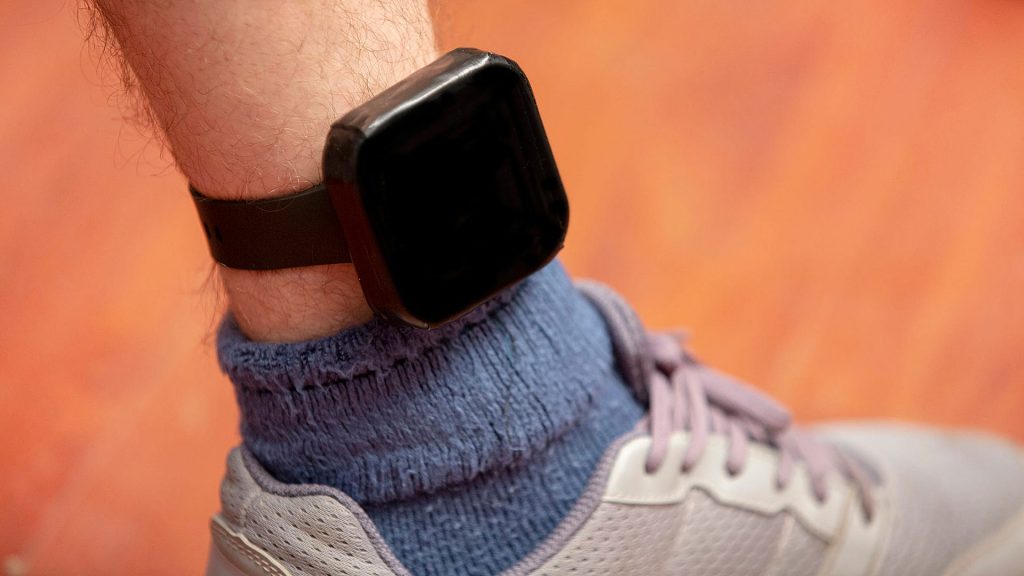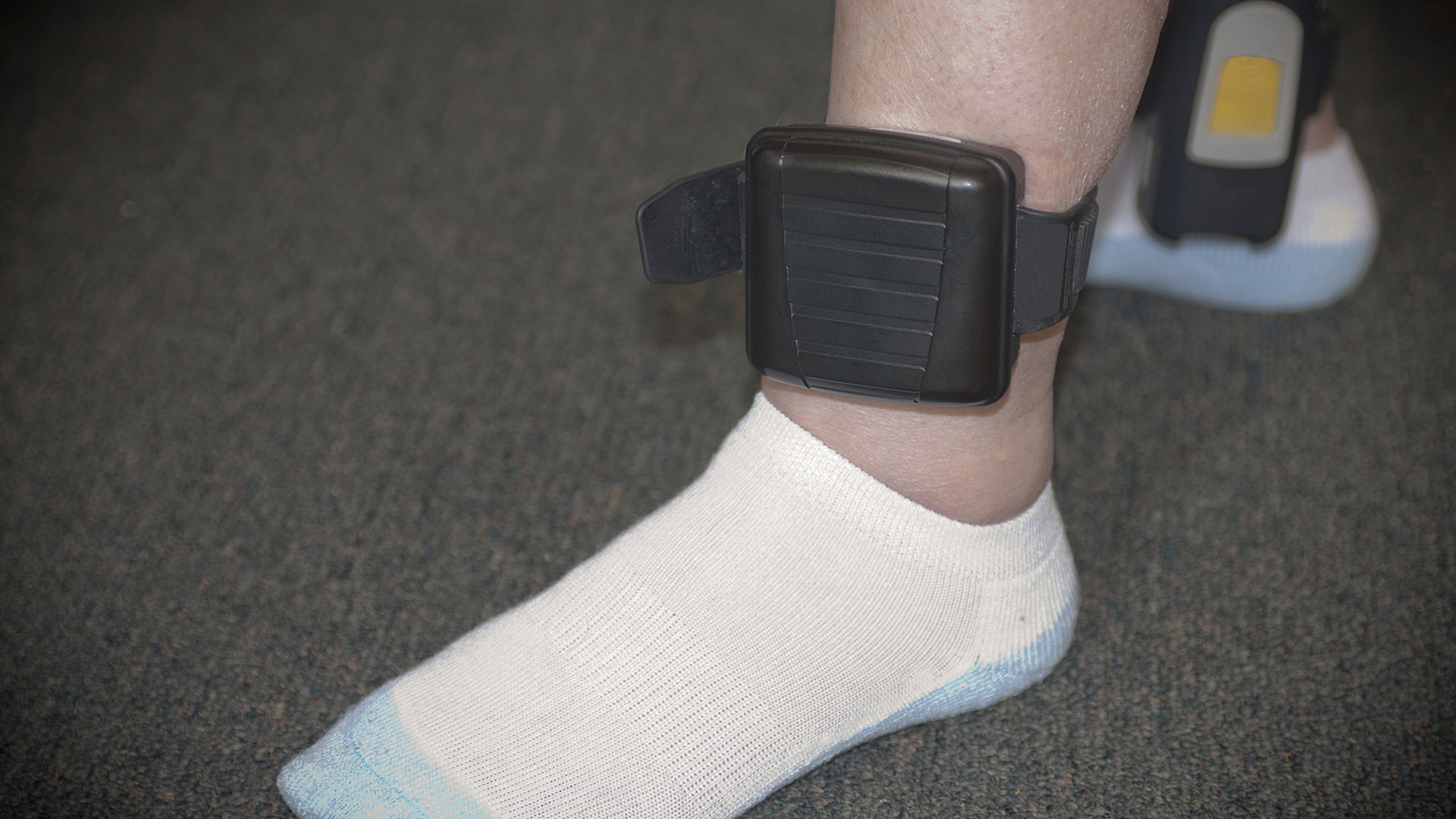In DUI Cases Involving Drugs and Alcohol, The Florida Courts Will Often Order An Offender To Wear A SCRAM Bracelet To Monitor Alcohol Usage
Alcohol monitoring bracelets, also known as a SCRAM bracelet, allows the courts to monitor offenders who are not supposed to be drinking alcohol as a part of their sentencing. SCRAM is an acronym that stands for “Secure Continuous Remote Alcohol Monitoring”. The alcohol monitoring bracelets are typically ordered as part of the sentencing for those convicted of a DUI. However, alcohol monitoring bracelets can be ordered by the courts in other types of cases as well.
What Is Court Ordered Alcohol Monitoring?
In addition to DUI cases, the Florida courts may order SCRAM bracelets in other types of cases where alcohol seems to be a source of problems. For example, a judge may order an alcohol monitoring bracelet for one or both parents in family court, domestic violence cases, underage drinking or cases that involve substance abuse.
In most criminal cases, the courts will order an offender to wear a bracelet for a set period of time, typically 60 to 90 days. However, there are other cases where a SCRAM bracelet must be worn for a year as a part of a person’s probation.
Alcohol monitors cannot be removed. Once they are placed on a person, they must be worn 24 hours a day, 7 days a week. The monitors are designed to detect alcohol and can also detect any kind of tampering of the monitor itself. If the offender attempts to remove the bracelet, the company that monitors the bracelet will receive a notice. The company will then report the tampering with the courts or probation office. Tampering with a bracelet can lead to sever consequences including arrest, elimination of probation or jail time.

How Does A SCRAM Bracelet Work?
A SCRAM bracelet works by monitoring alcohol in the wearer’s perspiration every 30 minutes. When a person drinks alcohol a certain amount is metabolized and is emitted through the pores in a person’s sweat. An alcohol monitor detects and measures alcohol on the skin level where the device is located, which is usually on the ankle.
The device uploads the measurement to the company monitoring the bracelet and if alcohol is detected, the company notifies the courts.
In most cases, offenders complete the alcohol monitoring process without any kind of incident. Studies do show that when a person wears an alcohol monitoring bracelet for 90 days and attends an alcohol treatment program, they are much less likely to commit the offense again.
Is A SCRAM Bracelet Accurate?
Courts have recognized that alcohol monitors are scientifically sound and provide accurate evidence of alcohol consumption where the corresponding data can be used in court proceedings. A user would have to have specific and obvious evidence that the device was malfunctioning in order to challenge its accuracy in any kind of court proceedings.
What Does Alcohol Monitoring Cost?
Court ordered alcohol monitoring doesn’t come cheap. An offender is usually changed an installation fee that runs anywhere from $50 to $100. From there, monitoring is charged on a daily basis, which runs about $10 to $15 per day. After all is said and done, 90 days of monitoring can run about $1,350 after installation.
Call The DUI Legal Experts For Help With Your Case
If you are facing charges that could include the wearing of an alcohol monitoring bracelet, you will need to speak to a criminal lawyer like the team at The Law Office of William B. Bennett, P.A. An attorney can help you understand your rights and the risks you may be facing. If you are charged with a SCRAM violation, you will need to speak to an attorney who understands the alcohol monitoring technology and can challenge the courts with evidence. Call us today at (727) 821-8000 today for a free consultation or contact us on our website here. No matter what your criminal charge, we are here to help.
Tagged with: Alcohol, DUI, SCRAM
Posted in: Alcohol Monitoring, Criminal Defense Law, DUI, House Arrest

